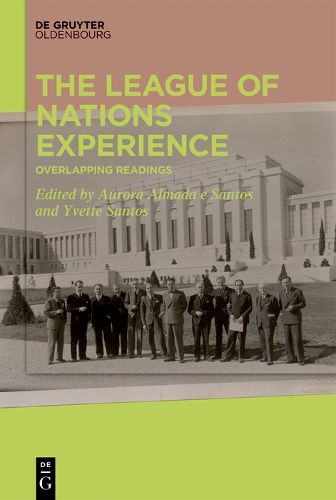Readings Newsletter
Become a Readings Member to make your shopping experience even easier.
Sign in or sign up for free!
You’re not far away from qualifying for FREE standard shipping within Australia
You’ve qualified for FREE standard shipping within Australia
The cart is loading…






As an early experiment in the creation of multilateral institutions, the League of Nations was entrusted by its members to maintain peace but also to be a standard-maker and a manager of contemporary problems and challenges requiring a global response. Nevertheless, after a while it became clear that its performance in addressing major conflicts did not live up to the expectations of guarantying collective security. In the functional areas, although the organization created precedents, it also showed limitations. Due to its complexity, increasingly the League of Nations has been studied not only from an institutional perspective but also from a more multidimensional and comparative point of view that allows to consider the presence and role of the organization in various scales and spaces, besides its relationship with a diversity of actors and themes. The League of Nations Experience: Overlapping Readings offers a multitude of interpretations, evincing some of the promising avenues through which the League of Nations continues to inspire academic research.
$9.00 standard shipping within Australia
FREE standard shipping within Australia for orders over $100.00
Express & International shipping calculated at checkout
As an early experiment in the creation of multilateral institutions, the League of Nations was entrusted by its members to maintain peace but also to be a standard-maker and a manager of contemporary problems and challenges requiring a global response. Nevertheless, after a while it became clear that its performance in addressing major conflicts did not live up to the expectations of guarantying collective security. In the functional areas, although the organization created precedents, it also showed limitations. Due to its complexity, increasingly the League of Nations has been studied not only from an institutional perspective but also from a more multidimensional and comparative point of view that allows to consider the presence and role of the organization in various scales and spaces, besides its relationship with a diversity of actors and themes. The League of Nations Experience: Overlapping Readings offers a multitude of interpretations, evincing some of the promising avenues through which the League of Nations continues to inspire academic research.